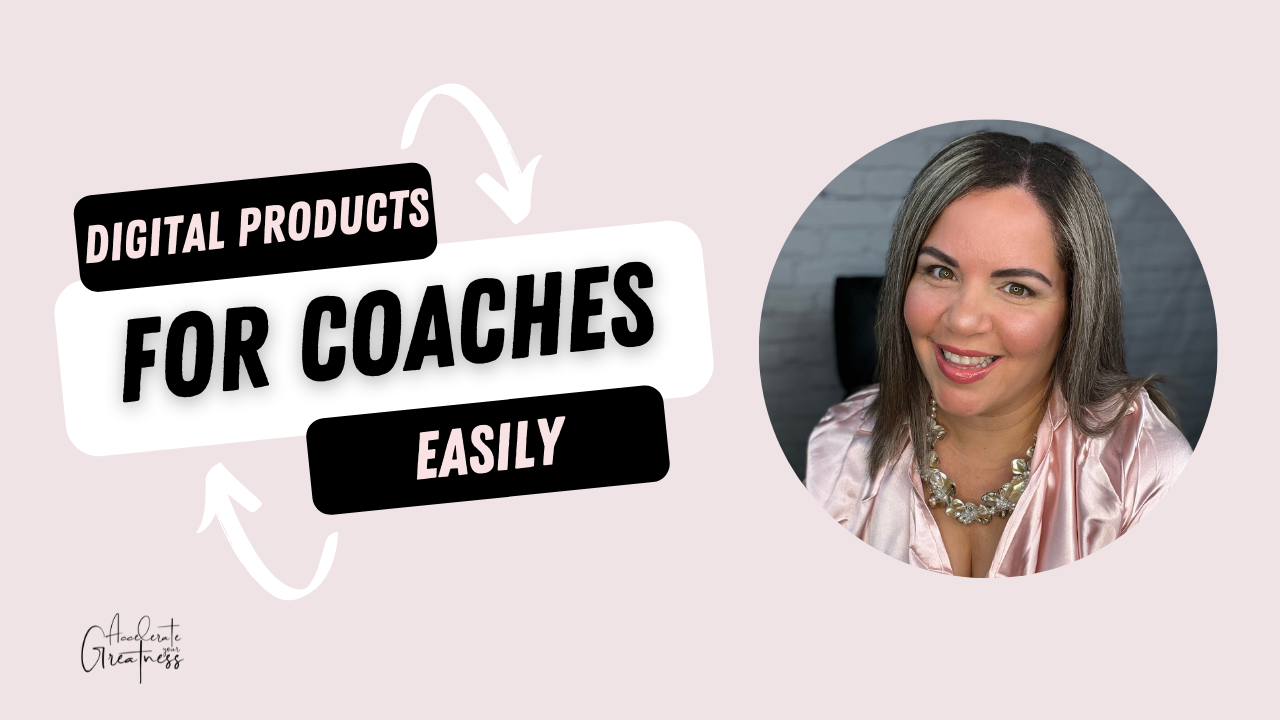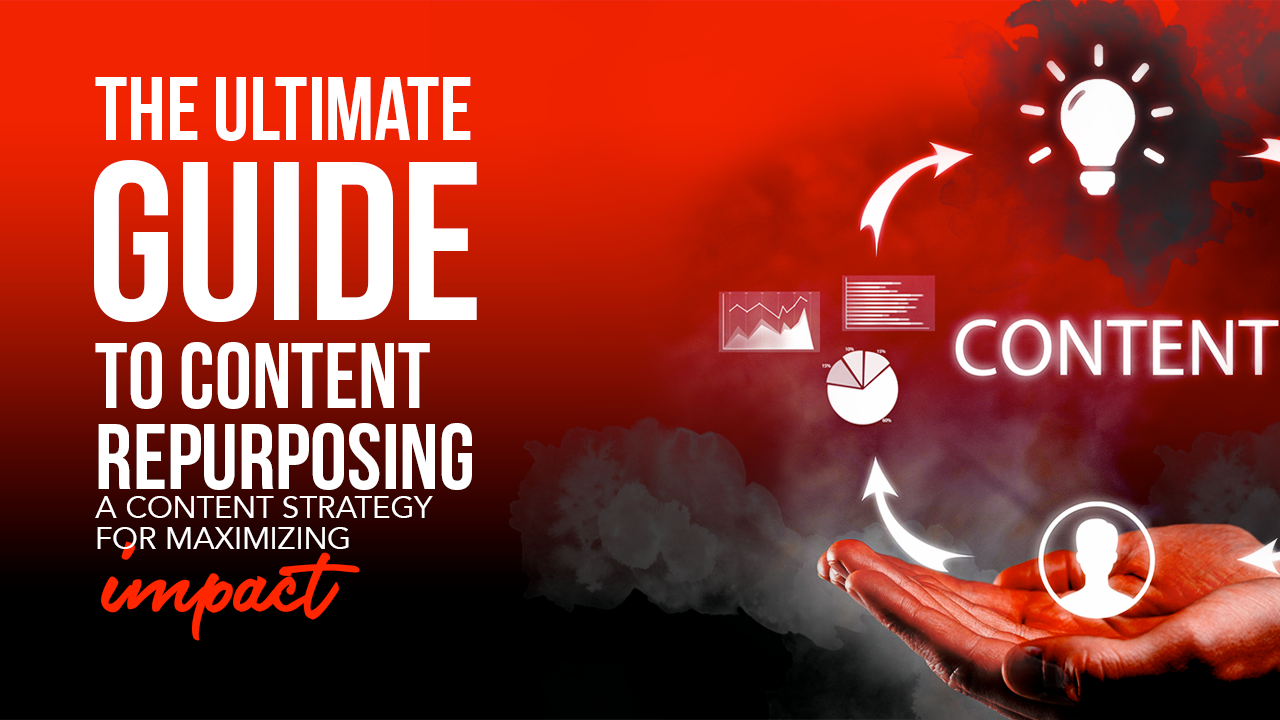When it comes to building your coaching business, we believe that the best approach is to focus on building trusted relationships, so that you don’t have to use your marketing budget to grow an audience.
In other words, you want to have a group of “dream clients” who already trust what you have to say because you’ve been in their shoes, and now help them solve their problems. But you don’t want to wait years and spend endless budgets to attract them.
The process of attracting “strangers” to your coaching business can be long and slow (and costly).
Luckily for you, there’s a hack that makes it easier:
A digital product.
With a digital product, you can build trust and authority with your audience in a fraction of the time. It’s much easier to persuade an audience if you’ve already proven you know what you’re talking about and can solve their problem (for almost free).
Digital products can provide a level of trust and authority for businesses, so it’s important to understand how you can leverage this to your advantage.
What is considered a digital product in a coaching business?
Digital goods or e-goods are intangible goods that exist in digital form. You might not use this name, but this article you’re reading is a digital product. You didn’t purchase it using a shopping cart. You grabbed the content!
In a coaching business, digital products are essential to scale, so you don’t have to be physically present in order to serve your clients. This is one of the main differences between a coaching practice and a licensed practice. For instance, I was a practicing attorney. My only way to serve my clients was if I was in the location where I was licensed to counsel and if I was the one providing the counseling. And that’s by law. Nobody can practice law without a license.
In a coaching practice, there are no limits on how you need to deliver your services. And that’s why digital products are very popular in the coaching business.
There are 10 types of digital products that coaches can use to monetize their content:
1. An eBook
2. A comprehensive guide
3. A video series
4. Webinars
5. Membership site
6. Checklists
7. Worksheets
8. Planners
9. Affirmation cards for inspiration
10. Podcast
The best part about these digital products is that each has existing platforms with users ready to grab your product!
There are 4 things you need to know about launching a successful digital product:
1. You need to solve your target audience’s problem
If you’re trying to sell your digital product, it needs to be of real value to your target audience. Otherwise, why should they pay for it?
2. Your product needs to be unique and valuable
Your digital product must offer something that no one else has in order to help you stand out from the crowd.
3. Do your research before you invest in a team or platform
It may seem obvious, but when you’re planning to build a digital product, you need to do your research. Investigate the different platforms and teams that offer this kind of service before making a decision on what’s best for you.
4. Prepare to put time into your launch
Creating a digital product is not easy, but it is possible! You’ll want to make sure it’s a complete package, and that you have the resources to market it. A successful launch will not happen overnight. Be ready to put some time into it!
What is a Digital Product Used For?
A digital product can help you connect with more of the right people, faster. But why should you build one in the first place? Here are some examples of how digital products can be used for your benefit:
1. To establish yourself as an expert in your field
This is all about demonstrating your knowledge and expertise. For example, if you launch a digital product on “how to build an effective Facebook advertising campaign,” it demonstrates that you know what you’re talking about. This will help you establish yourself as an authority in your niche so people can trust what you have to say.
2. To get more qualified leads for your business
If you’re selling a product, then people are probably going to go to Google and type in “buy [your specific product]” or “how do I use [your specific product].” These are the kinds of people that you want to connect with because they already know what they want. They simply need someone to show them how to get there.
3. To build a list of people who are interested in your industry or niche
With a digital product, you can collect emails and contact information from those who download it. That means they’ve already converted into an “opt-in” lead for your business… all because they showed interest in your digital product.
4. To create an asset that makes back-end sales easier
Instead of spending time creating another product, you can sell your digital product on a platform like Etsy, Clickbank, or Udemy. Then, if people want to buy something else from you, later on, it’s much easier because they already know who you are and what you do.
Digital assets are sexy!
A Digital Products Manager Can Help You Grow
With everything going on these days, everyone wants to secure “passive” income with digital products. However, not everyone is seeing the promised financial success.
A digital products manager will strategize, plan, and manage your project, bringing industry insights on how to sell online. They have a mix of online marketing skills, such as: brand strategy, copywriting, direct response marketing, SEO, UX, virtual learning, and more!
If you’re interested to talk about your digital products ideas, let’s chat!










